Articles
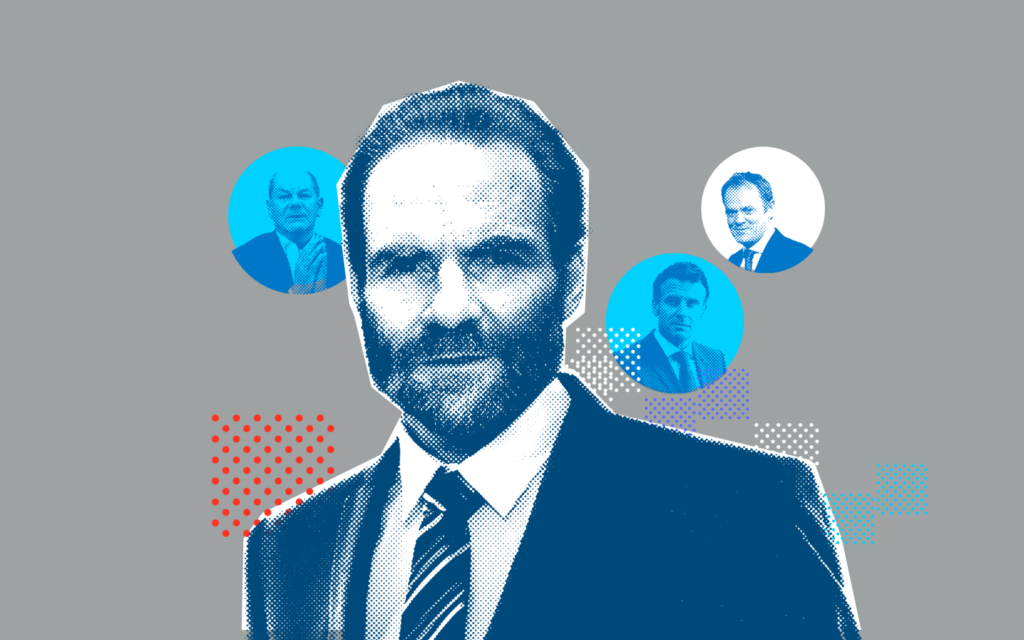
Wake up, Europe, to what World We Are in!
Europe still has enormous soft power. It’s one of our problems - says Timothy Garton Ash in an interview with Aleksander Kaczorowski.
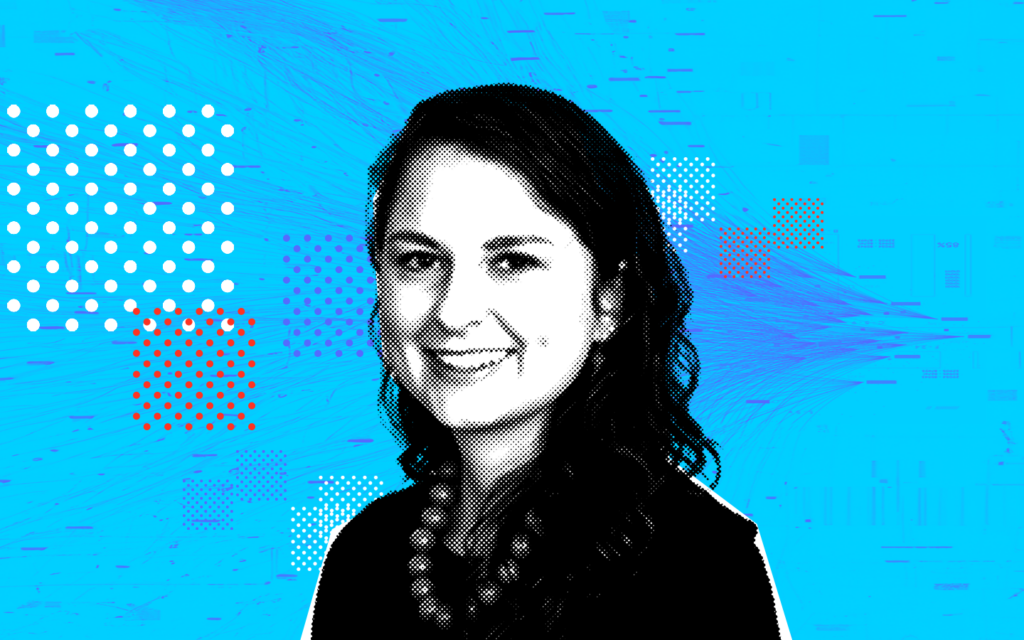
Data Over Good Feelings: Why Science Matters
In the new Aspen Review article, 'Data Over Good Feelings: Why Science Matters,' science journalist Pavla Hubálková deep dives into science communication to the public, offering examples of good practices and presenting research outcomes on why data and scientific knowledge are crucial for addressing many societal challenges. She emphasizes that they should be the primary…
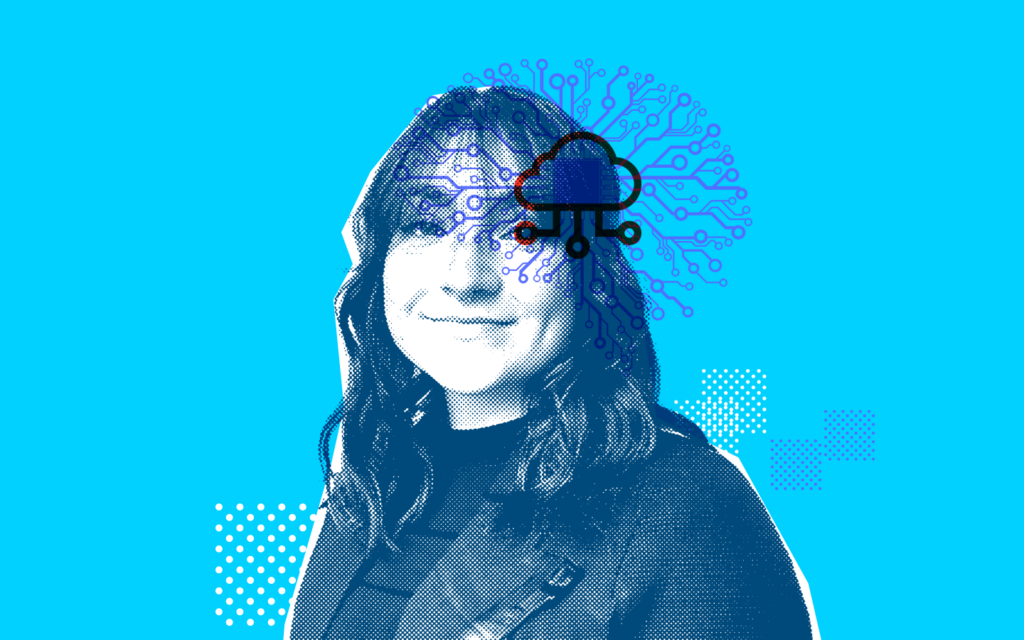
Stop blaming AI. Instead, embrace it
Artificial intelligence may be a rising threat to information integrity in news, but that threat began long before generative AI at the hands of lazy reporting and sloppy journalism, experts said.

Is the Free Media in Central Europe Under Threat?
We Have to Convince the West that the Problems of the Media in Central and Eastern Europe Are also their Problems. Without free and pluralistic media, the region will continue to slide further towards authoritarianism, with grave consequences for the future of the entire European Union, says Václav Štětka in an interview with Robert Schuster.

A Passive Approach to the “Green Transformation” of our Economy Will Deprive us of our Prosperity
"The energy industry, transportation, and manufacturing are responsible for three fourths of Czechia’s Carbon Dioxide emissions. They are what needs to change the most", says Jiří Švejcar in an interview with Robert Schuster.
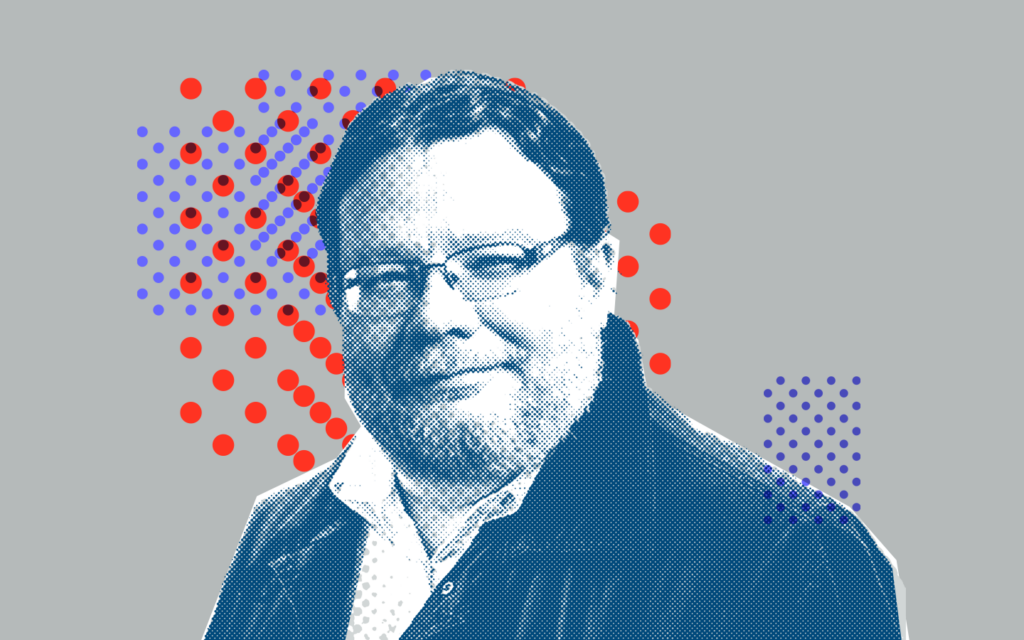
Russia Is No Upper Volta With Nuclear Weapons
MEP Alexandr Vondra is unequivocally in favour of helping Ukraine and its admission to NATO and the European Union, but only when the war is over. He is convinced that the Union will turn to the right after the European Parliament elections in 2024 and his group will become stronger. He also fears that if…
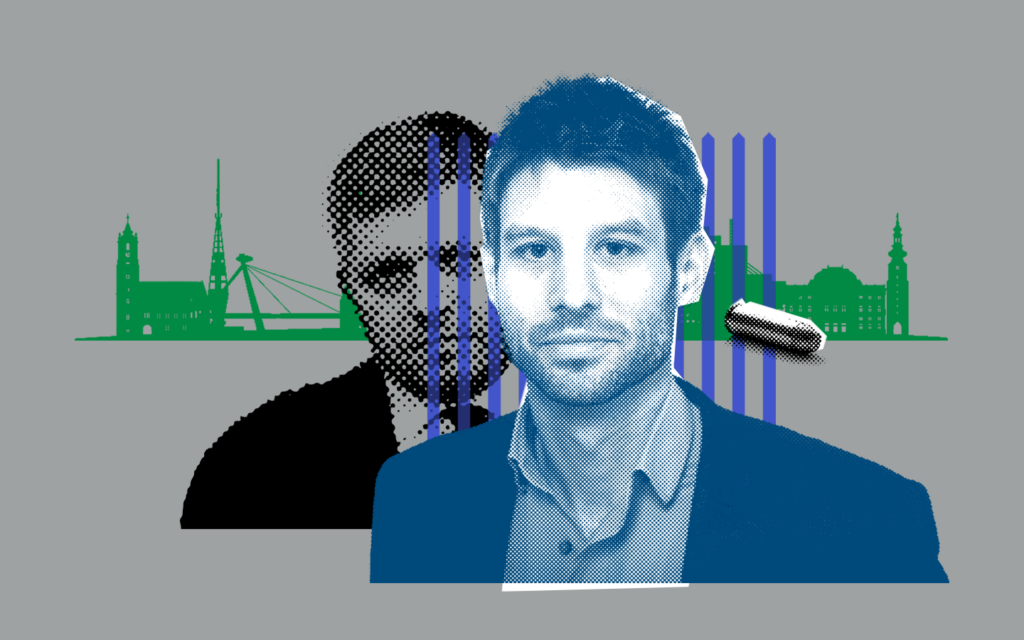
Elections in Slovakia, or Russian roulette
Rastislav Káčer analyzes the future results of the upcoming elections in Slovakia and disseminates the biggest potential threats to the Slovak Republic. He compares the fatalistic mood of Mečiar´s rule to Robert Fico, and his potential winning of parliamentary elections, smashing Slovakia with his coalition.
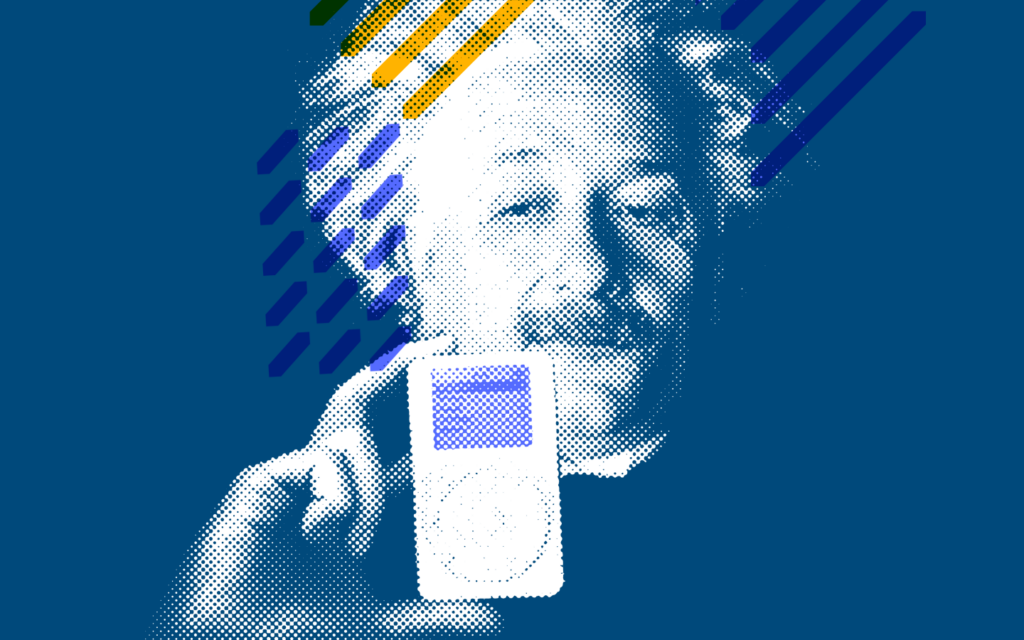
What’s Wrong with How We Run Public Service? What Is the Mission of Public Service?
Petra Dzurovcinova dissects the challenges within the public sector of the Bratislava region while unveiling innovative solutions. She also highlights that the problem definition is key and that without precisely defining the problem, the solution is not coming our way.
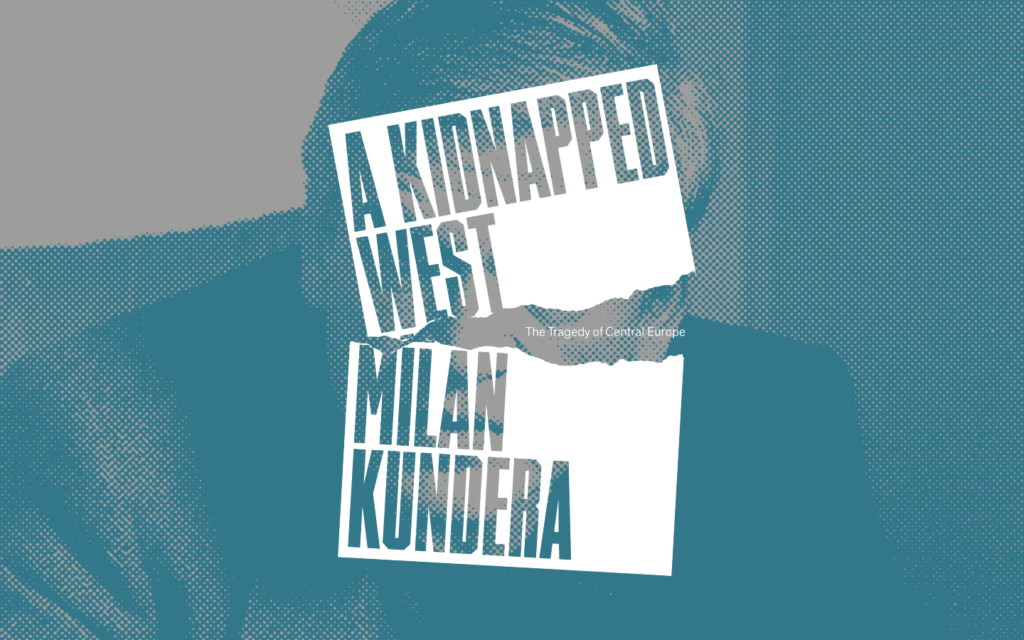
A Kidnapped West: The Tragedy of Central Europe
Benjamin Cunningham looks back in his article at two late 20th-century essays from the Czech-French writer Milan Kundera under the title “A Kidnapped West: The Tragedy of Central Europe”. The book’s first section centers on Kundera’s 1967 speech to the Czechoslovak Union of Writers. The second includes Kundera’s 1983 essay “The Tragedy of Central Europe,” and…
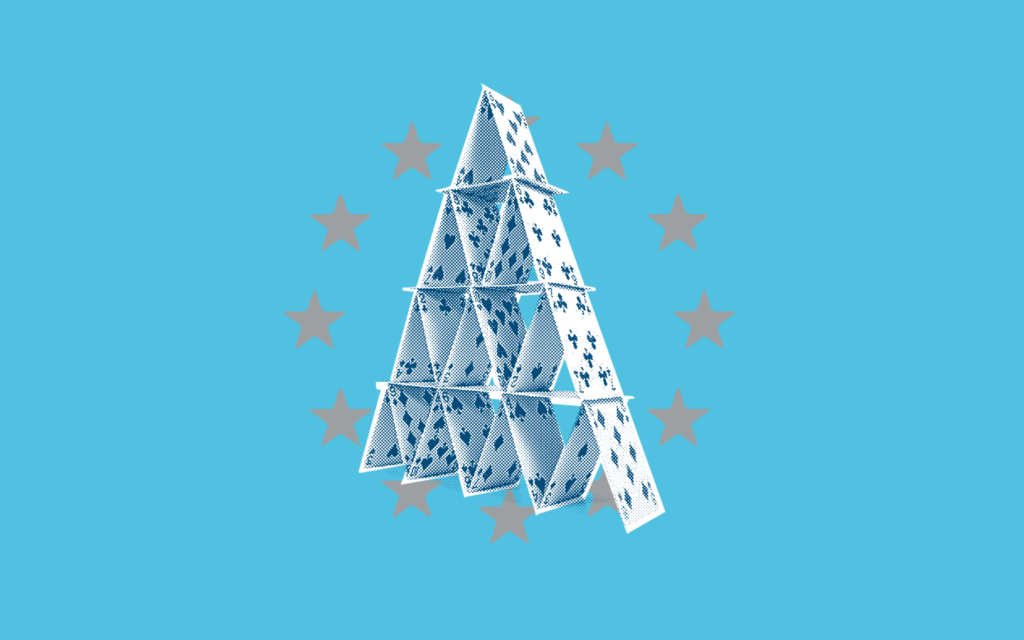
Can Enlargement Be the EU’s Most Successful Foreign Policy Again?
Responding to Russia’s invasion of Ukraine, European states have broken a series of taboos in ways unthinkable until 23 February 2022, the day before the aggression. Many of these taboos were about defense: countries and European publics that defined themselves as pacifist found themselves in favor of financing the armament of Ukraine and sending military…

Butler Britain. How the UK Helps Oligarchs and Kleptocrats
The Kremlin is deeply connected to the western financial system, and Russia and its elites were able to spend money and benefit from offshore accounts freely. All of that was done with the help of the people in London – says Oliver Bullough in an interview with Jakub Dymek.
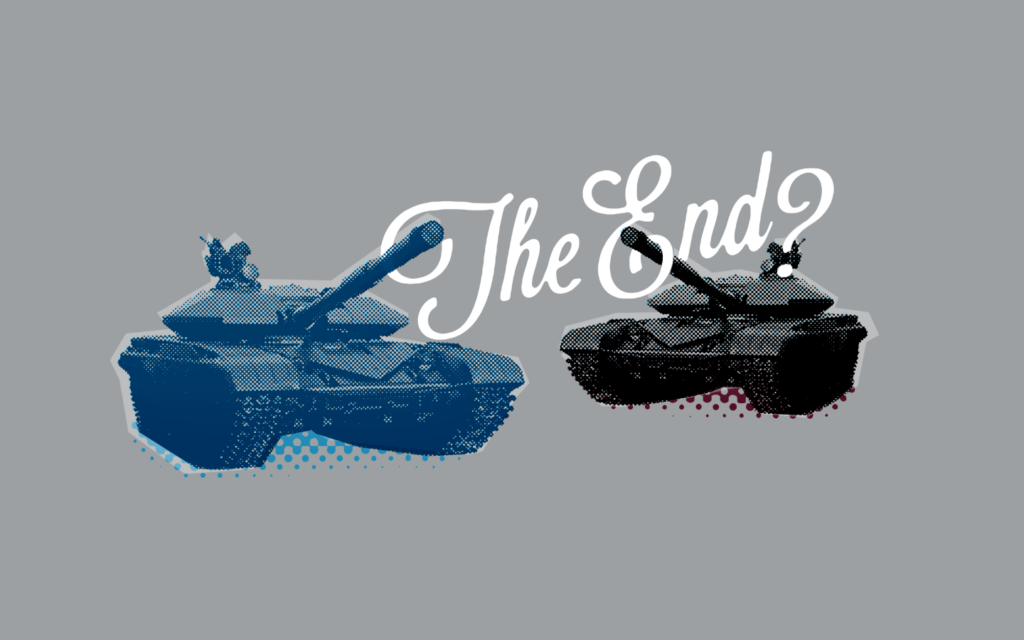
The War Will Not End Soon
Ukrainians have been linked to Russia by various ties: political, cultural and personal. But that bond is about to end. There will be a final divorce with Russia, says Prof. Yaroslav Hrytsak in an interview with Wojciech Wojtasiewicz.
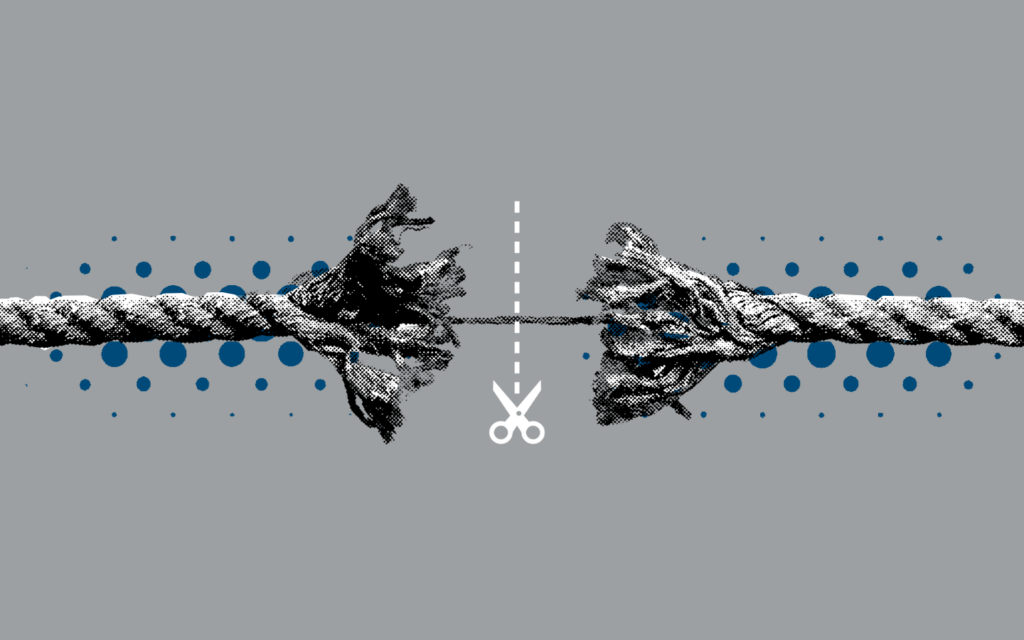
Czecho-Slovakia, a country divided thirty years ago for nothing
On Saturday January 21st, 2023 I voluntarily headed to Forum Karlín - a concert hall situated right next to “Havel-friendly“ publishing house Economia - both as a journalist and, admittedly, a fan. The victory of ex-general Peter Pavel in the run-off presidential election seemed, according to polls from 5 days ago, all but assured. Yet…
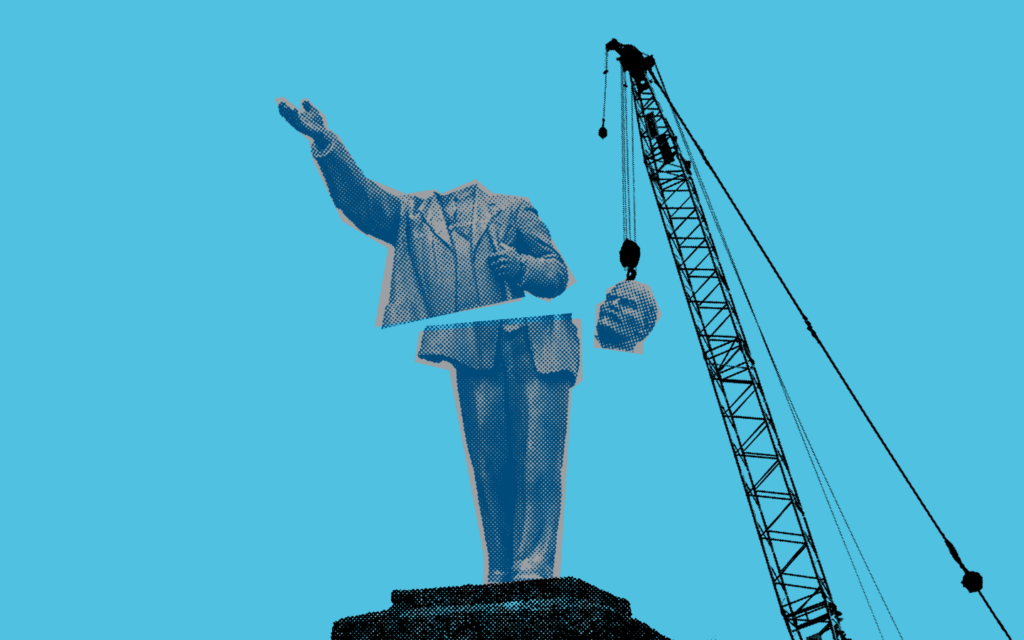
„Decolonized Russia”? Be careful what you wish for
I don’t see any realistic prospects for Russia disintegration/decolonization nor any genuine wish among peoples living in Russian Federation to participate in such a scenario. To put it simply, you cannot decolonize people who do not want to be decolonized! – says Marlene Laruelle in an interview with Jakub Dymek
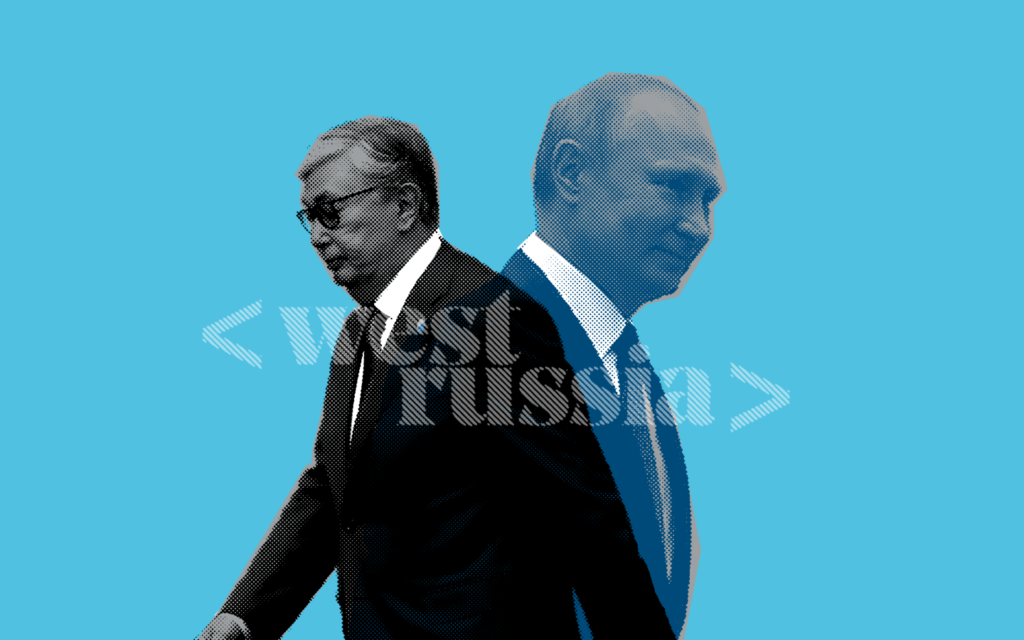
Kazakhstan and the West: a strategic opportunity
Kazakhstan is a country of great strategic significance that is often overlooked. Recently, despite close relations with Putin’s Russia, it has succeeded in standing apart and above the fray. The Tokayev government has offered to mediate during the Ukraine crisis and could yet come to represent a valuable partner for the West, especially given its…
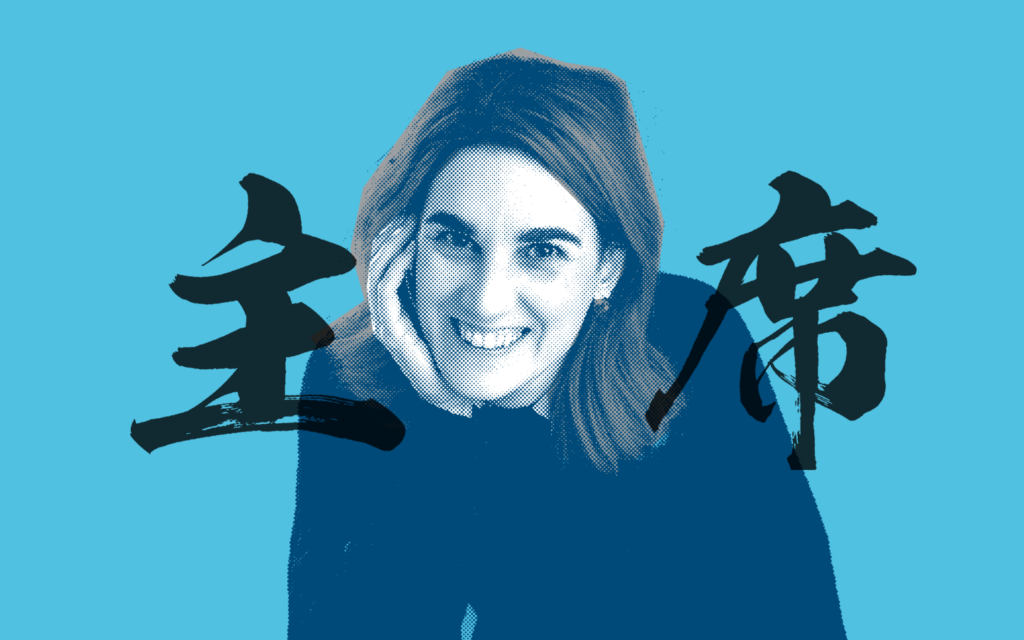
Xi and a Closed China
China has undergone profound changes during the past ten years. The time is gone when the “world’s factory” was preparing for the 2008 Olympics and its appearance as a new major global power on the international stage. The period of relaxation, lively interchange with the outside world and double-digit growth in GDP has been followed…
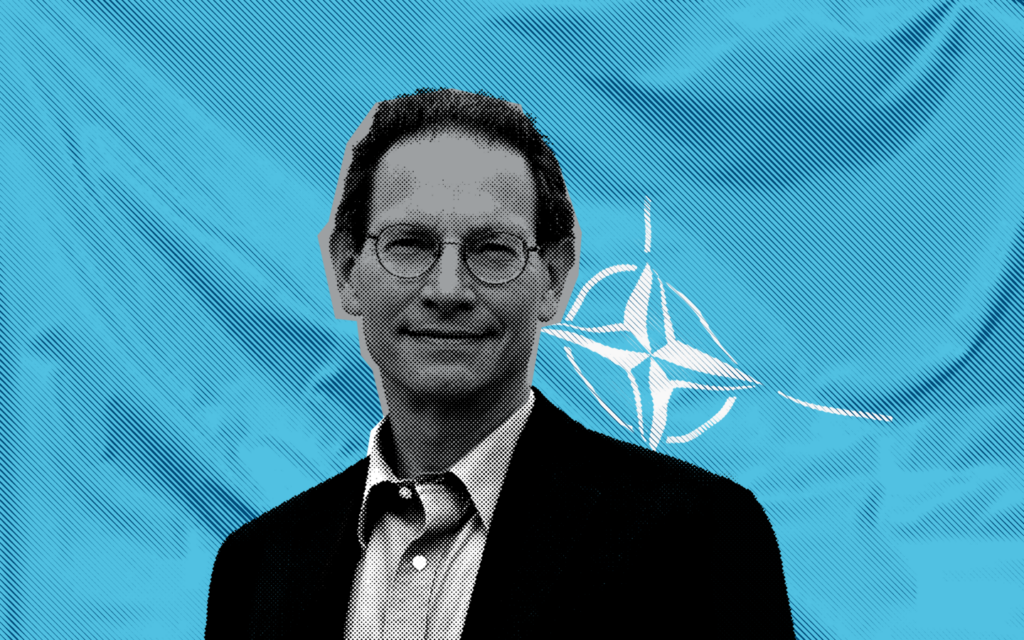
The Return of Power Politics
The West is having to reconsider its ambitions of promoting democracy around the world – ambitions that were behind the enlargement of NATO, over Russian objections – and to concentrate more on defending it. A new containment and engagement strategy, based on realpolitik, is needed both for Moscow and for Beijing.
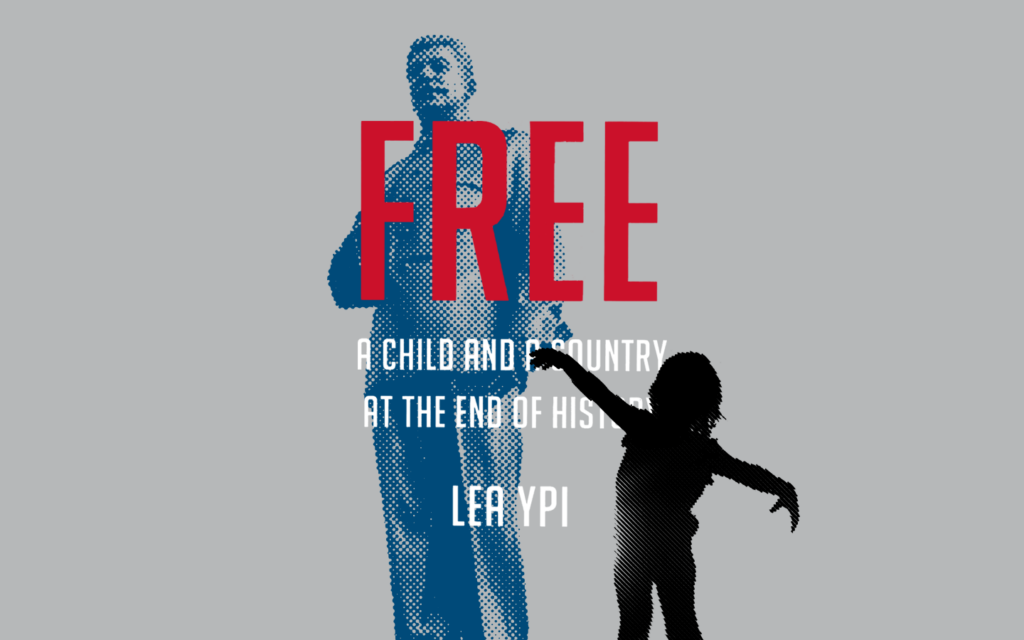
Tales From the Great Beyond
Free: A Child and a Country at the End of History Lea Ypi W.W. Norton 267 pp In one brief story from her book “Free”, the author Lea Ypi describes a late 1980s childhood encounter at an Albanian beach resort. She is crossing the street with her mother when a group of tourists starts shouting…
